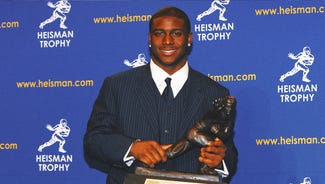





































































































































College Football rules committee may tweak targeting rules
The NCAA Football Rules Committee meets next month to discuss the controversial targeting rule. If the changes pass, the penalties might be less.
In college football, targeting is defined as, “making forcible contact with the crown of the helmet,” or “making forcible contact to the head or neck area of a defenseless player”. Under current strictures, a targeting call leads to a 15-yard penalty and automatic ejection of the player that committed the targeting foul. In addition, if the player has a targeting infraction in the second half of a game he must sit out the first half of the next game.
If the new proposal passes, a targeting foul would still get called, but the player would not be ejected if the replay official does not have enough evidence to confirm it. The targeting penalty has always been unpopular with coaches. The definition of the rule is so vague. In addition, it leaves a great deal up to the referee’s interpretation. As it stands now, there needs to be only one indicator of targeting for a foul to be called. The rules outlining targeting are really lengthy, but if you have a hankering to read them, SB Nation has a good recap.
There are certainly instances where targeting calls have been made incorrectly. For example, if a receiver is descending after making a catch and a defensive player doesn’t adjust, there will be forcible contact.
Under the current rule, even that legitimate misstep is illegal. And let’s face it, football isn’t exactly a snuggly game. Hard hits are going to happen. Determining whether such contact was forcible is an iffy business at best. Strange things happen when rivalries are on the line and testosterone is flowing. The current policy is too strict and leaves far too much open to interpretation.
Either lose the ambiguity and inconsistency in the targeting policy or come up with another way to keep players safer. With the new alterations to the policy, controversial calls may allow some players to stay in the game. Works for me-let’s hope the changes pass.
More from Saturday Blitz
This article originally appeared on
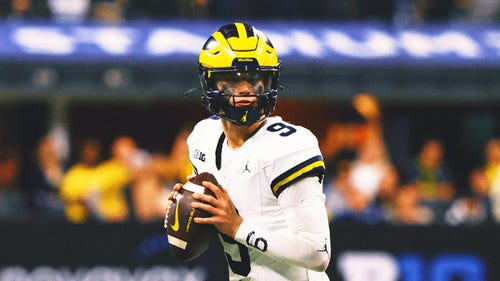
J.J. McCarthy is ‘Mitch Trubisky with a better coach,’ says Colin Cowherd
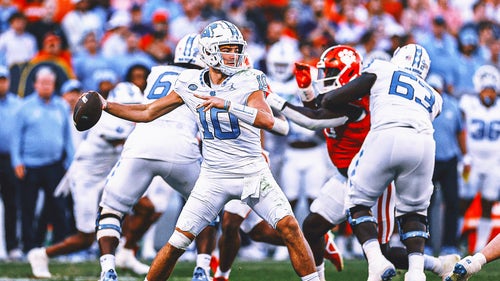
Former North Carolina QB Drake Maye discusses visits with Giants, Commanders
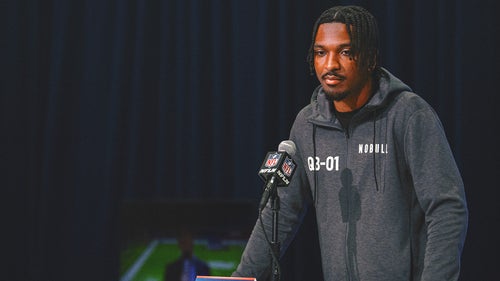
Jayden Daniels downplays issues with Commanders, says he'd be 'blessed' to go No. 2
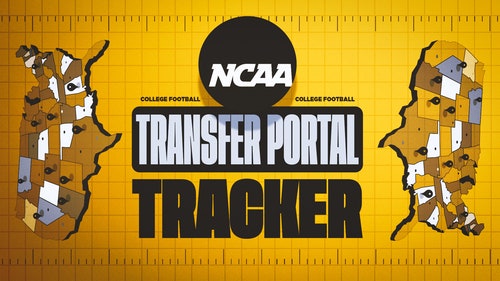
2024 college football transfer portal tracker: QB Jaden Rashada to Georgia
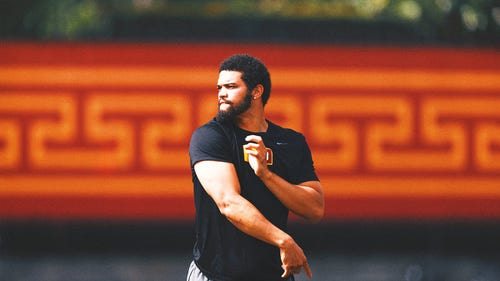
USC's Caleb Williams says he's a 'big fan' of Washington WR Rome Odunze
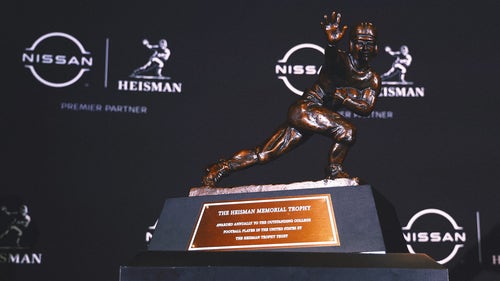
Heisman winners by school: Where does USC rank after returning Reggie Bush's trophy?
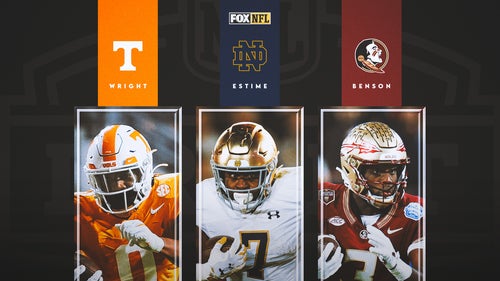
2024 NFL Draft RB rankings: No clear stars, but deep top 10 prospects
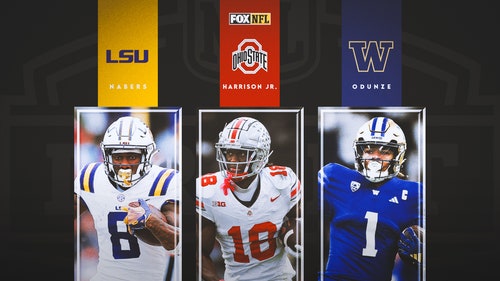
2024 NFL Draft WR rankings: Marvin Harrison Jr. leads stacked top 10 prospects
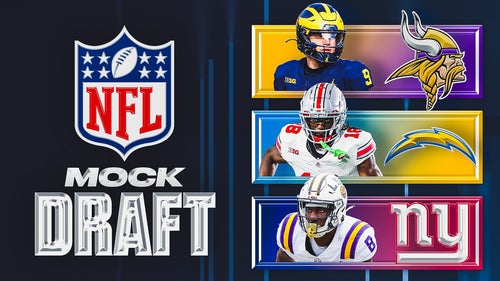
2024 NFL Mock Draft: Chargers, Giants land star wideouts after QBs go 1-4


J.J. McCarthy is ‘Mitch Trubisky with a better coach,’ says Colin Cowherd

Former North Carolina QB Drake Maye discusses visits with Giants, Commanders

Jayden Daniels downplays issues with Commanders, says he'd be 'blessed' to go No. 2

2024 college football transfer portal tracker: QB Jaden Rashada to Georgia

USC's Caleb Williams says he's a 'big fan' of Washington WR Rome Odunze

Heisman winners by school: Where does USC rank after returning Reggie Bush's trophy?

2024 NFL Draft RB rankings: No clear stars, but deep top 10 prospects

2024 NFL Draft WR rankings: Marvin Harrison Jr. leads stacked top 10 prospects

2024 NFL Mock Draft: Chargers, Giants land star wideouts after QBs go 1-4

